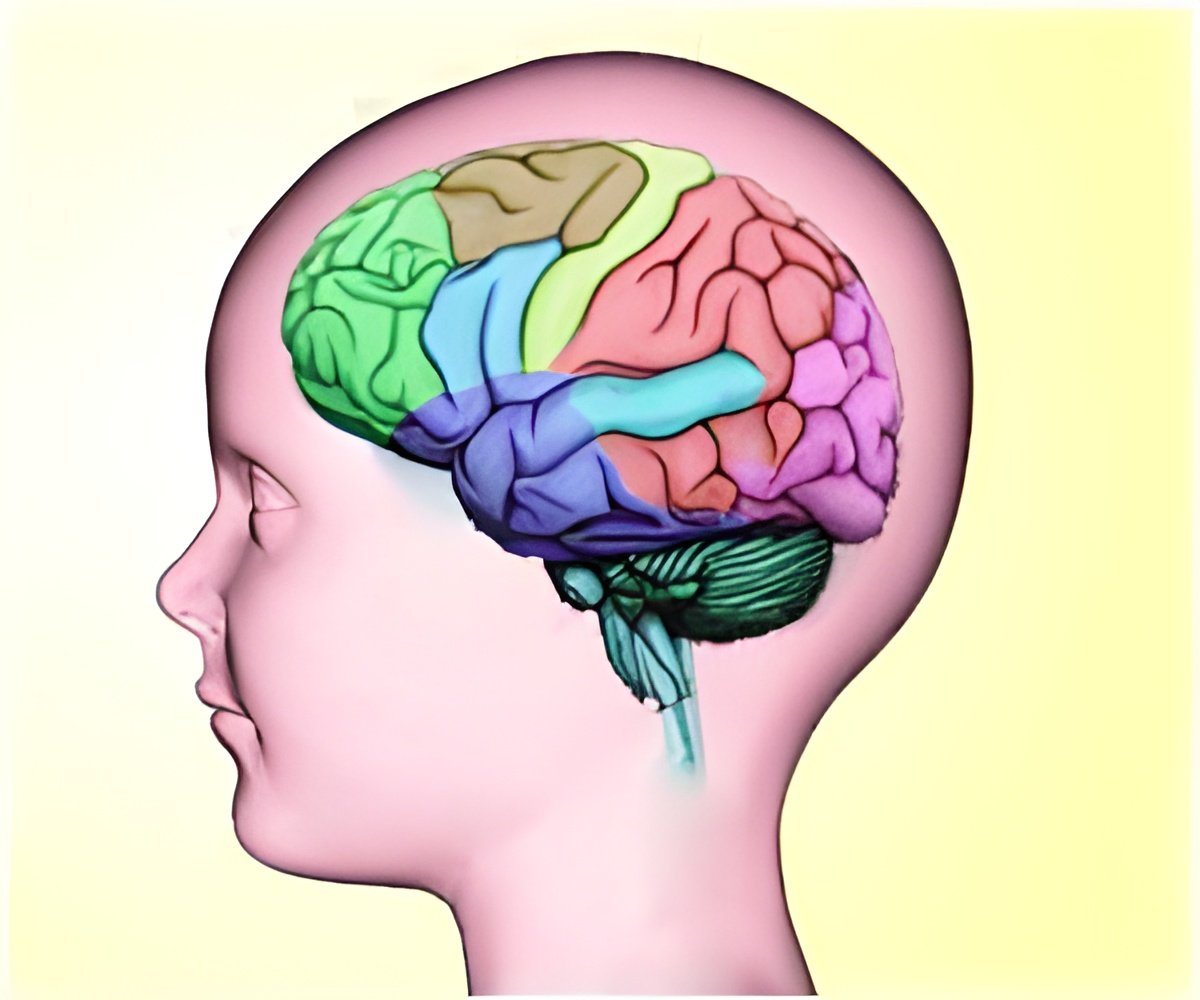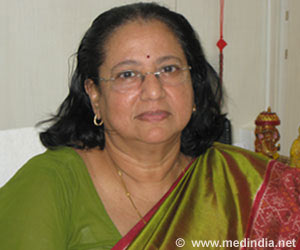Doctors made 3.2 mm holes in the skull through which a thin fiber-optic cable is put into the area causing epilepsy. A laser is then passed to destroy the area.

Dr. P. Sharat Chandra, a professor of neurosurgery, said, "The area causing epilepsy is destroyed using a unique thermographic images, under MRI guidance. The target is then burned using the laser. Unlike traditional laser, this equipment has a cooling system and every bit of abnormal epileptogenic tissue burned inside the brain is completely visualized and controlled."
Dr. Ashwini Sharan, a leading US-based epilepsy neurosurgeon, said, "The surgery requires a single stitch and the patient usually gets ready to be discharged the next day itself."
Dr. Chandra said, "People suffering from various types of epilepsy till now needed conventionally open brain surgery, but using this technique, only one stitch will be used and the patients may be treated even as an out patient procedure ready for discharge the same day evening. It has all the advanced equipment and expertise required for a tertiary level center."
Dr. Manjari Tripathi, professor of neurology and part of the surgery team, said, "The technology would be ideal for a country like India where there are thousands of patients waiting for surgery."
Source-Medindia
 MEDINDIA
MEDINDIA




 Email
Email










